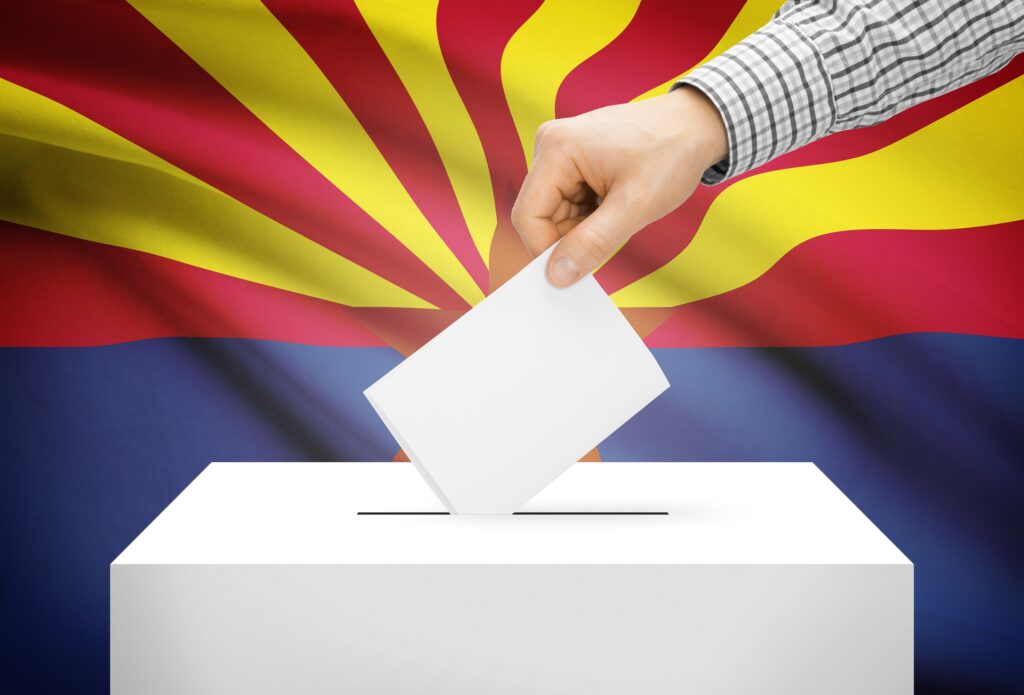Key Points
There are three fundamental questions this report seeks to answer: How free are consumers to choose the insurance products they want? How free are insurers to provide the insurance products consumers want? How effectively are states discharging their duties to monitor insurer solvency and foster competitive, private insurance markets?
For the fifth straight year and the sixth time in the seven years we have compiled this report, Vermont had the best insurance regulatory environment in the United States. Louisiana had the worst score in the country, edging out second-to-worst New York.
The biggest improvements were seen in Connecticut (from a C+ to a B), Delaware (from an F to a C) and New Hampshire (from a B- to a B+). The biggest declines were seen in South Carolina and Ohio (both from a B to a C).
In 2018, we saw progress toward more competitive insurance markets. Residual property insurance mechanisms continued to shrink. Several states, notably Missouri, moved to loosen systems for filing rates and forms in the commercial insurance space. On the other side of the ledger, Illinois—long among the most free-market insurance environments in the nation—introduced stringent controls on its workers’ compensation market after overturning Gov. Bruce Rauner’s veto.
Press release: The R Street Institute releases seventh annual Insurance Regulation Report Card
Featured Publications
Logan Seacrest, Jillian Snider
July 1, 2025
Philip Rossetti
June 24, 2025
Philip Rossetti, Nan Swift
June 24, 2025
Jillian Snider
June 17, 2025
Stacey McKenna, Courtney Joslin
June 12, 2025
Chris McIsaac
June 10, 2025
Stacey McKenna
June 2, 2025
Chelsea Boyd
May 29, 2025









